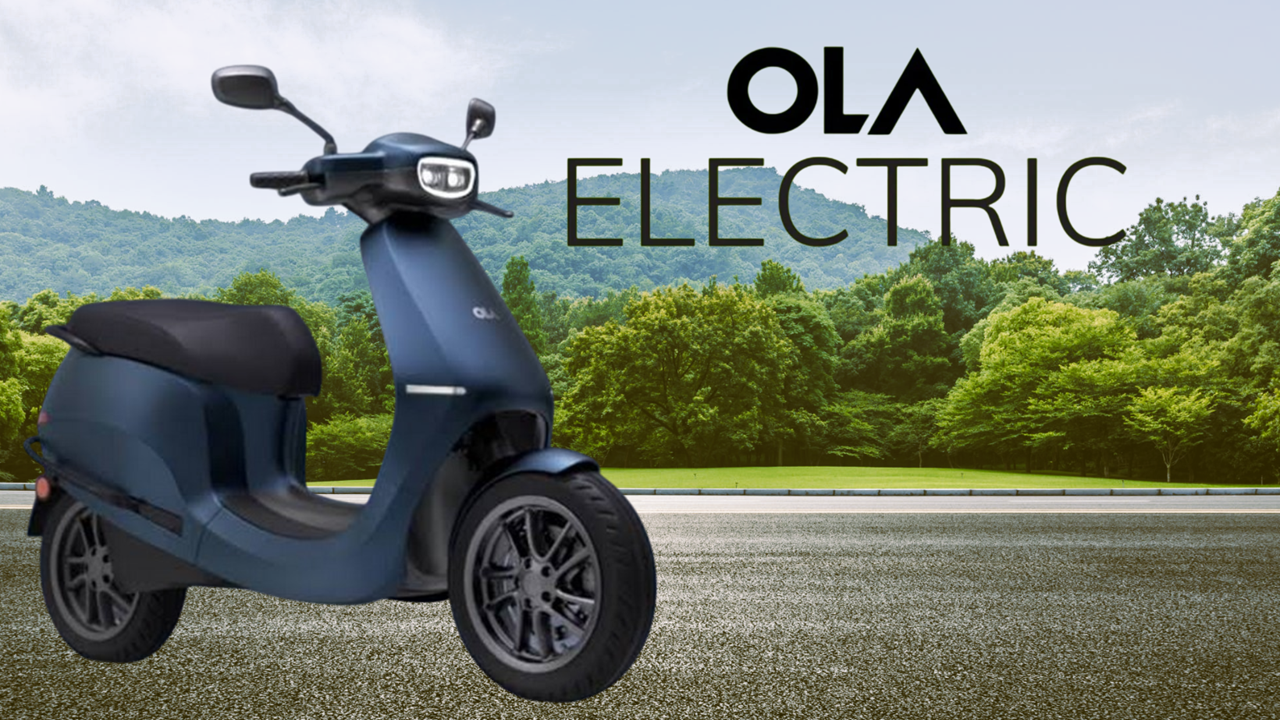Ola Electric Resolves Vendor Dispute Amid Investor Scrutiny
Ola Electric has paid ₹267.5 million to settle a dispute with Rosmerta Digital Services, avoiding an insolvency petition. The disagreement arose from mismatches in vehicle registration data, triggering regulatory scrutiny and investor concern. While the crisis appears resolved, ongoing challenges around transparency and operational maturity remain.

India’s electric mobility ambitions hit a bump earlier this month, but the road appears to be smoothing out—at least for now. Ola Electric Technologies, a key player in the country’s electric scooter market and a subsidiary of ride-hailing giant Ola, has settled a high-profile dispute with its vehicle registration partner, Rosmerta Digital Services. The company paid ₹267.5 million (about $3.1 million) to clear its dues, effectively prompting Rosmerta to withdraw an insolvency petition that had raised eyebrows across the startup and investment communities.
The dispute, which threatened to disrupt Ola Electric’s operations and tarnish its public image, stemmed from an alleged payment default by the EV firm. Rosmerta, a key registration service provider, had filed a petition for insolvency against Ola Electric Technologies—a move that drew intense scrutiny from both regulators and investors. At the heart of the conflict was a mismatch between vehicle sales data reported by Ola and the official registration numbers logged by government agencies in February.
Ola Electric quickly responded, attributing the discrepancy to ongoing negotiations with registration vendors. It claimed the backlog had since been addressed, but the episode raised larger questions about the company’s internal systems and its ability to scale responsibly. The Ministry of Heavy Industries has since requested more information to better understand the cause of the data mismatch, signaling that the matter isn’t entirely closed from a regulatory standpoint.
While the ₹267.5 million payment brings an end to the immediate legal threat, the damage to investor sentiment may take longer to repair. Ola Electric’s stock, which has had a rocky ride since its public debut last August, showed little movement on Tuesday during a volatile trading session. Shares have recovered modestly from their recent lows, but they remain down approximately 27% from their listing price. For a company once hailed as the crown jewel of India’s EV future, that’s a significant dent.
The episode also underscores a broader issue in India’s emerging electric vehicle sector: the disconnect between rapid innovation and operational infrastructure. While companies like Ola Electric have raced ahead in product development and sales, backend processes—such as registration, compliance, and vendor management—haven’t always kept pace. That gap, once seen as a growing pain, now presents a tangible risk in the eyes of investors and regulators alike.
For Ola Electric, the resolution of this vendor dispute provides temporary relief, but it also serves as a wake-up call. The company must now double down on building robust, transparent systems that can scale with its ambitions. That includes tighter controls on data management, stronger vendor relationships, and clear communication with regulators and shareholders.
As India pushes forward with its aggressive EV adoption goals, companies like Ola Electric won’t just be judged by the number of scooters they sell—but by how reliably and responsibly they operate. The future of electric mobility in India is still bright, but for now, it's clear that speed alone won’t win the race.










